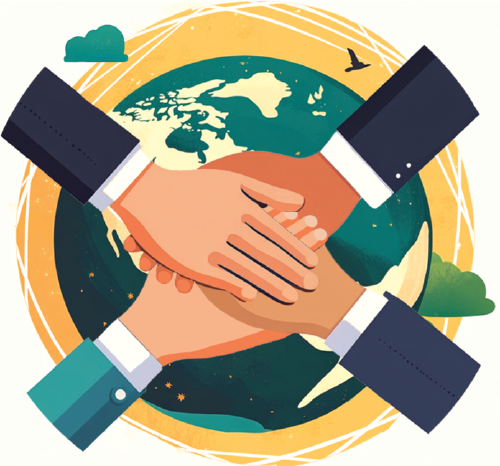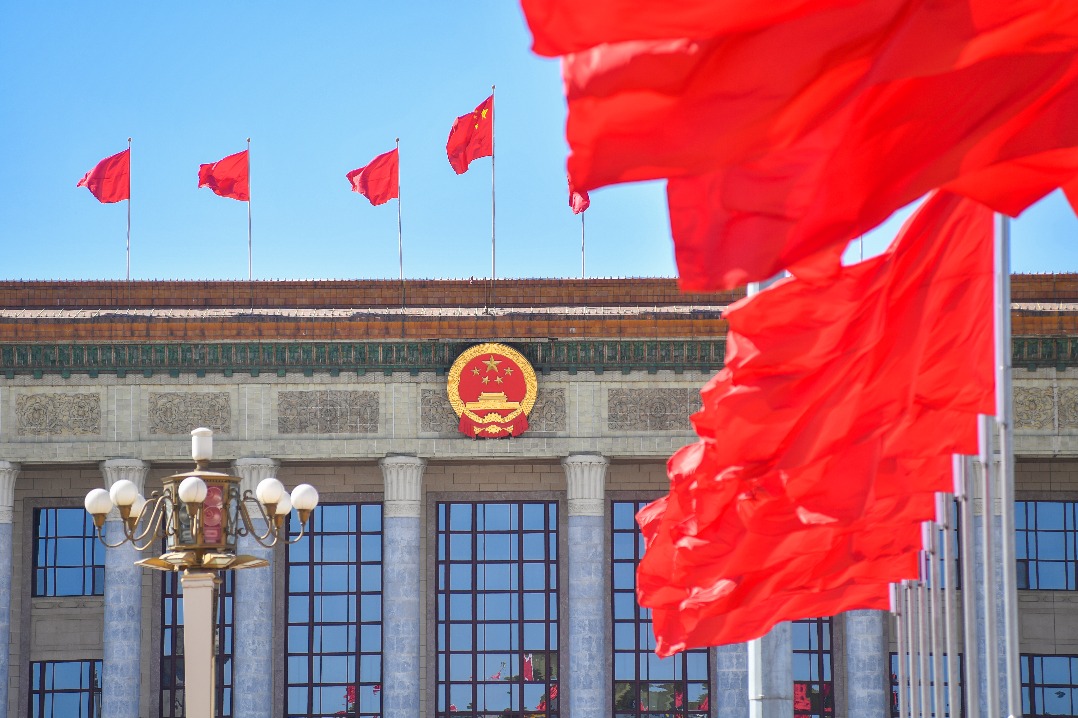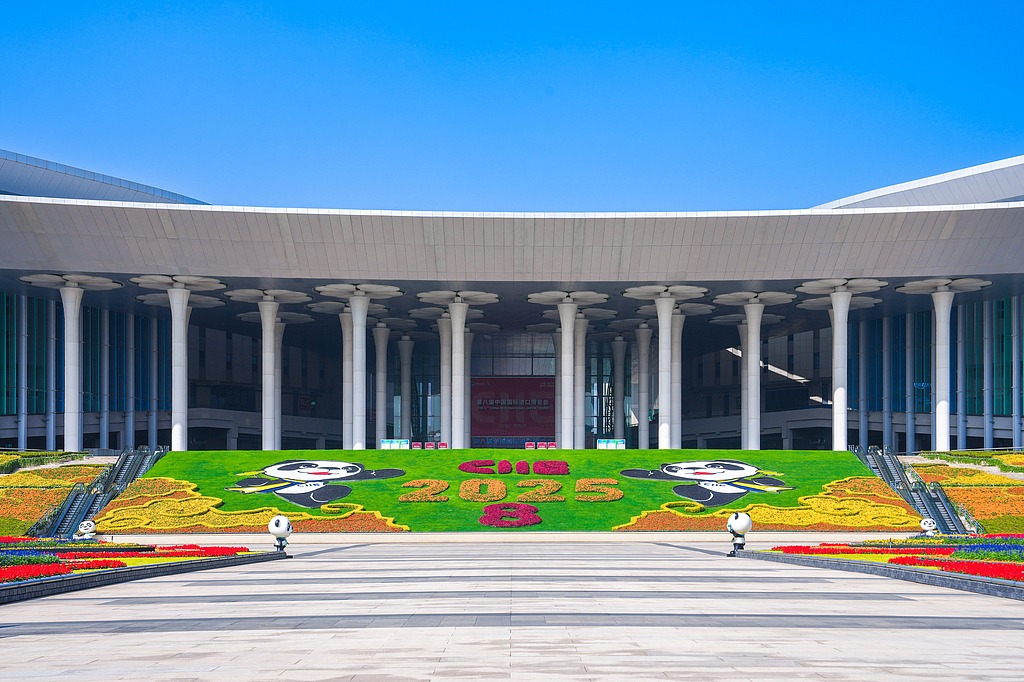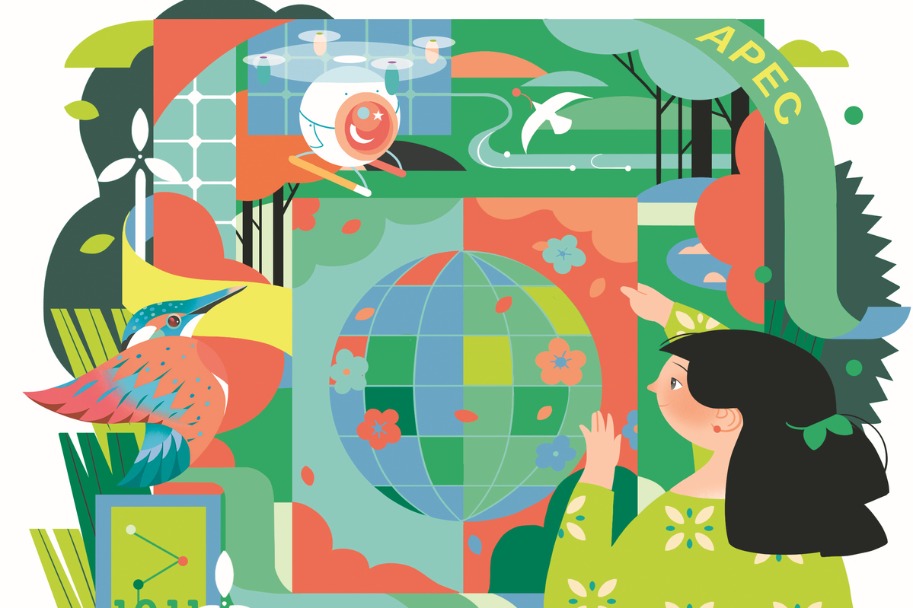One world, diverse ways: The Asian way offers valuable reference to the Global South


Since the beginning of the 21st century, especially since 2020, the world has entered a new period of turbulence and transformation, characterized by intertwined chaos and crises. In response, regions and nations have been exploring ways to address the challenges, with no common understanding reached so far.
In this complex and challenging international environment coupled with regional hotspots, Asia has maintained peace and stability, achieving rapid development and overall prosperity. Thanks to hard work and wisdom, Asian countries have blazed a path to peaceful development with Asian characteristics, paving the way for the much-acclaimed Asia miracle.
As nations try to decipher the secrets behind the success, the Asian Way comes into view. What are the defining characteristics of the Asian Way? And what can be the takeaways for the world, particularly the Global South countries?
Some scholars, analyzing the Asian Way, identify it as an approach that upholds political mutual respect and trust, pursues win-win economic cooperation, champions peaceful resolution of disputes and promotes cultural exchanges and mutual learning in an open and inclusive manner. The Asian Way advocates a new model of coexistence and a new way to deal with international issues. It underscores consensus-building, seeks common ground while shelving differences and accommodates the comfort levels of all parties.
Asian countries generally reject the Cartesian thinking of binary logic, and dismiss the idea that "all animals are equal, but some are more equal than others" as depicted in George Orwell's Animal Farm.
Asian wisdom and solutions, encapsulated in the Five Principles of Peaceful Coexistence, the Bandung spirit, ASEAN centrality, the Silk Road Spirit, the BRICS Spirit and the Shanghai Spirit, emphasize independence, equality, mutual benefits, openness, inclusiveness and win-win cooperation.
Indeed, the Asian Way represented by ASEAN has met with increasingly complex geopolitical challenges in recent years. Efforts to strengthen regional economic integration have been constrained, and collective actions hampered, amid endless doubts about its effectiveness and sustainability.
However, compared to other similar regional architectures, ASEAN under the guidance of Asian wisdom has largely remained open and inclusive, ensuring that in Asia dialogue and cooperation is mainstream and all peoples enjoy development and prosperity. This is no small feat.
The key to this success lies in the effort to harness and leverage Asian wisdom and embrace the wholeness and diversity of the region, which ensures steady progress without unnecessary disruption.
The Asian Way offers profound insights and a rich source of inspiration to all Global South countries with unique and splendid civilizations, profound cultural heritage and diverse perspectives.
There are many hotspot issues with far-reaching impacts on the future of mankind, such as climate change, sustainable development, the Russia-Ukraine conflict and the chaos in the Middle East. And there is growing recognition that denying historical responsibility, putting one's own interests above anyone else's, forcing others to pick sides, or promoting ideological confrontations are simply not the solution.
Since the so-called "universal approach" only leads to divisions and conflicts, and "will inevitably lead humanity to a third world war" as some believe, isn't it time to change the way of thinking? How about trying the Asian Way, the African Way, or the Latin American Way instead?
It is time to rise above the rigid thinking of zero-sum game and power politics in traditional international relations theories. Moreover, efforts should be made to champion multilateralism, win-win cooperation and shared development, further expand and enrich the concept of modern civilizations, and build a knowledge system and a pool of solutions shared among Global South countries. We have only one world, but we can have diverse approaches and choices.
The author is a Beijing-based international affairs commentator.
The views don't necessarily reflect those of China Daily.
If you have a specific expertise, or would like to share your thought about our stories, then send us your writings at opinion@chinadaily.com.cn, and comment@chinadaily.com.cn.


































